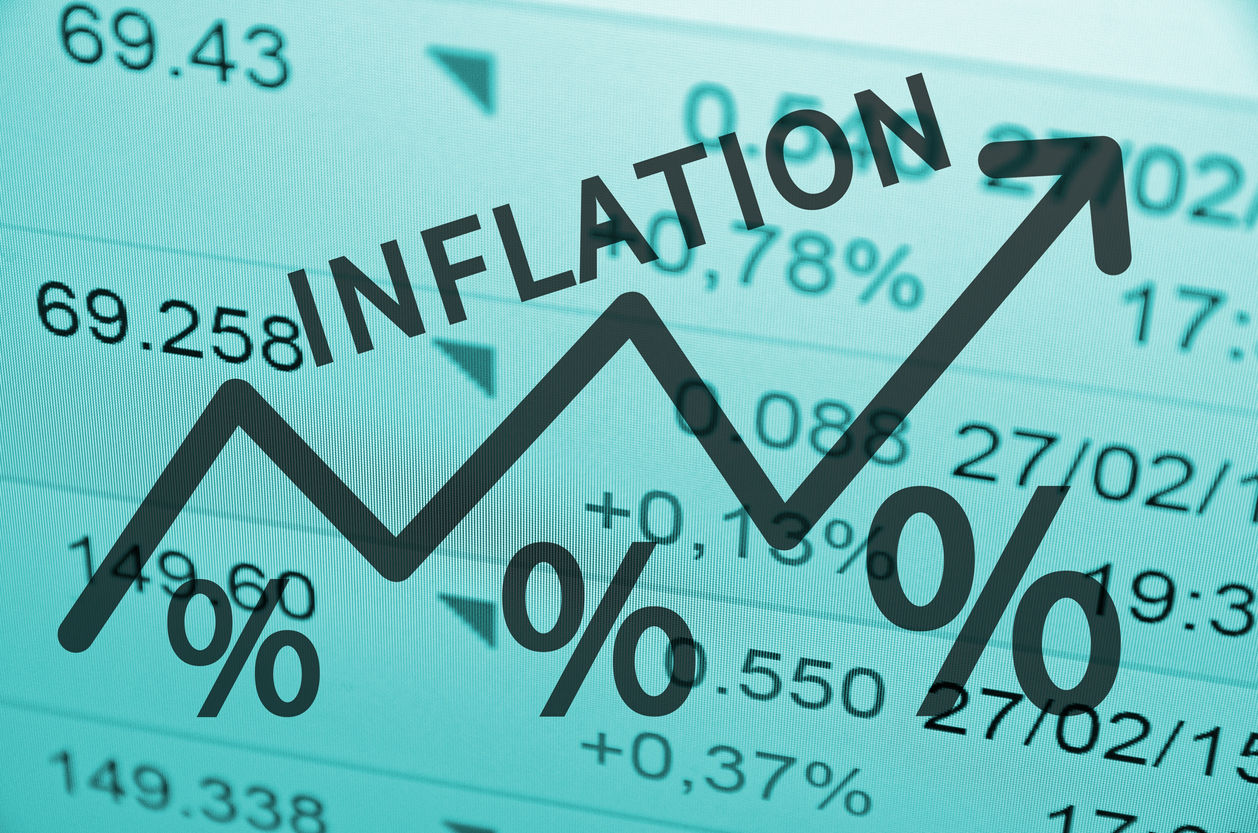2022/04/12
Inflation Control or Economic Growth; Which is the Top Priority? Russia’s Breaking Away from the International Society and the Resulting Impacts Expanding

(The original article in Japanese was posted on November 19, 2021)
On March 10, the Bank of Japan released the preliminary February report on the corporate goods price index. The domestic producer price index rose 9.3% y/y, the highest level in 41 years. This was mainly caused by the sharp price increase of import products. Yen-based import price index for February was up 34% y/y with a conspicuous rise in some product lines including energy-related, up 84.8%; lumber-related, up 68%; and foods-related, up 26.2% respectively. Undoubtedly, the depreciation of the yen also had a significant impact, as the yen’s exchange rate temporarily dropped to the 118 yen level per dollar for the first time in five years. However, the import price index on a contract currency basis was also up 25.7% y/y and concern over supply shortages is evidently growing fast.
It is obvious that increased tensions over Ukraine and the Russian military invasion that broke out on February 24 are the background factors for the supply shortages. The whole world was about to get out of the closures due to the new coronavirus pandemic and was in the process of gradual recovery. Now, instead of COVID-19, the "war" has taken the initiative for the future of the global economy. Under the current status with no view on what’s happening in future, each country is forced to make out financial, monetary, and industrial policies based on the tacit assumption that “there is no way back to the pre-COVID-19 era.” The most urgent task is to manage the gradually apparent inflation.
The European Central Bank (ECB) released its outlook for the inflation rate “reaching 7.1% in the worst-case scenario” in 2022, and subsequently President Lagarde announced the end of quantitative easing program in response to "unexpected price increases.” Similarly, the U.S. is moving toward lifting the zero-interest-rate policy. Besides, inflation rate soared to 7.9% in February, the highest level in 40 years, reflecting the increased demand in tune with the recovery from the COVID-19 pandemic. Board of Governors of the Federal Reserve System (FRB) judged that "a solid economic recovery is expected" and indicated the raise of interest rates by 0.25% to curb raging inflation.
Meanwhile, the Bank of Japan prioritizes the support of domestic economy and will maintain monetary easing measures. However, the widening gap in interest rates between the Japanese yen and the U.S. dollar may cause further depreciation of the yen, and there is a significant possibility that sharp price increases will cause pressure on corporate profitability as well as household budget. In any case, as far as the situation remains fluctuating, appropriate measures by monetary authorities in each country are expected to be taken flexibly in a timely manner.
All in all, in the midst of global concern, Russia is reported to be preparing a law on seizure of the assets of foreign companies that have determined to suspend operations in Russia or withdraw from the Russian market, as a step to place them under Russian government control. In another report, Russia will not rule out the possibility of arresting the foreign corporate leaders who criticize the Russian government. Also, a decree has already been signed by President Putin, which authorizes Russia and Russian companies to pay back their foreign currency denominated debts in rubles. On the contrary, another new law is reportedly prepared that would allow Russian airlines to continue operating the foreign-leased planes in Russia even when the cancellation of the leasing contract is requested by foreign lessors. These are absolutely deviation from the norm. Russia could permanently lose the way back to the global market. Is Russia really designing to establish a new economic bloc composed of authoritarian states and become its absolute ruler? Incidentally, the countries that opposed the UN resolution condemning Russia’s invasion were Belarus, North Korea, Etruria, and Syria. I dare say they will never become wealthy nations and it is very clear the reckless ambition to revive the Russian empire has already collapsed.
This Week’s Focus, March 18
Takashi Mizukoshi, the President